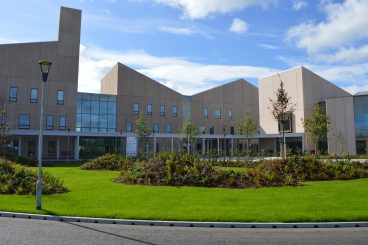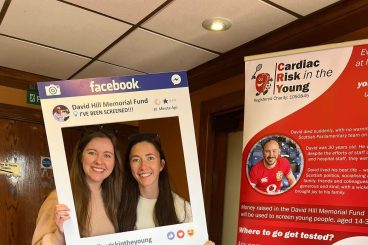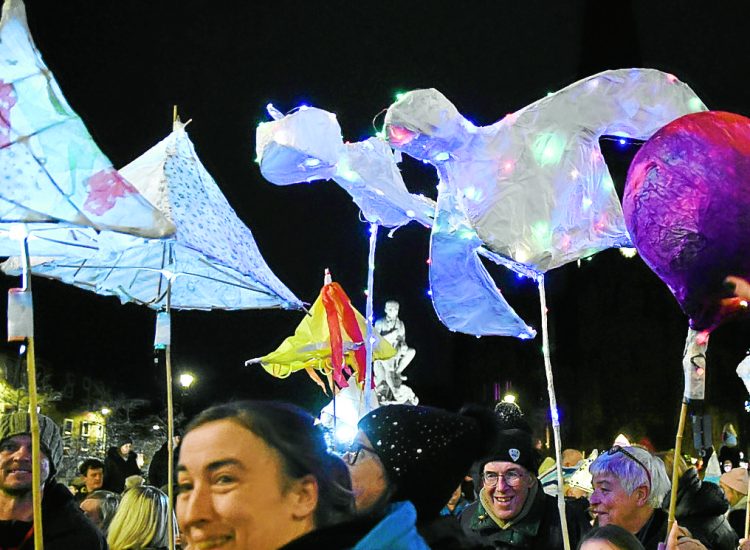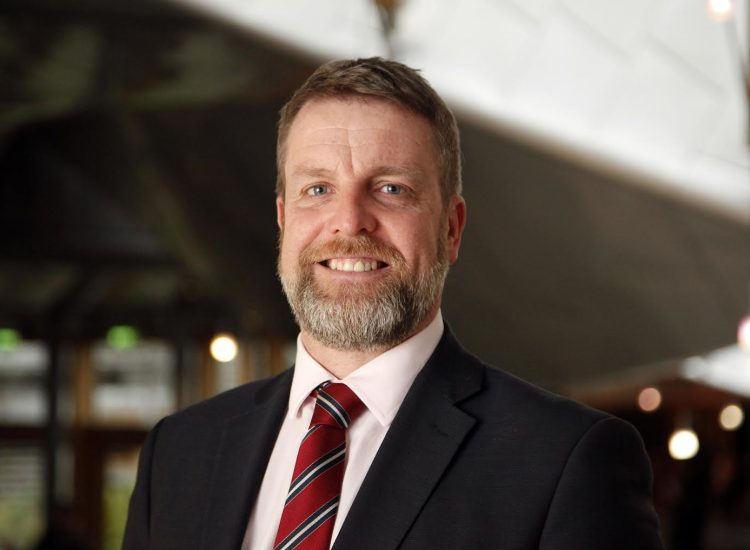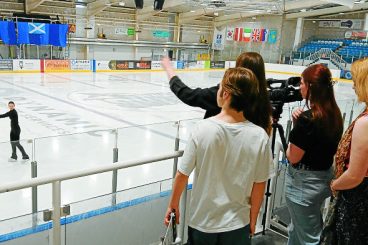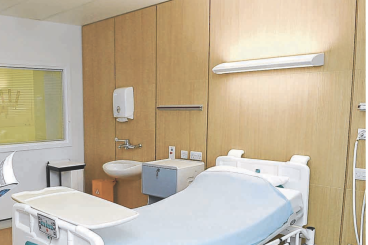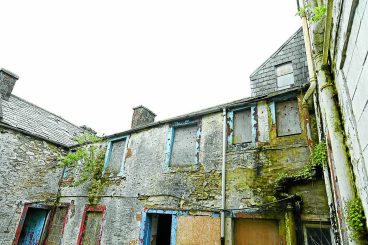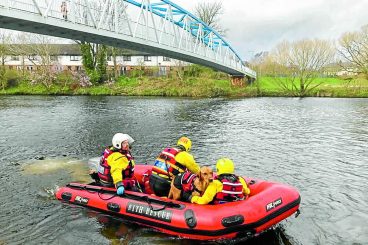PARENTS and young people will get a say in shaping autism support services in Dumfries and Galloway over the next few years.
Education bosses at Dumfries and Galloway Council are launching a three-month consultation on their Autism Provision Vision and Development Strategy for 2024-2026, and are making sure the children and young people, their families, and practitioners have an input.
At the council’s education committee next Thursday, councillors will be asked to rubberstamp plans for the consultation, scheduled to run between September and November this year.
A report, due to be tabled at the meeting, states: “Dumfries and Galloway Council wants to understand the views of autistic children and young people, parents and carers of these individuals, staff responsible for associated service delivery, elected representatives, and our partner organisations.”
Education chiefs say that the views shared will help build “the support structures that need to be in place for our autistic young people within the education estate and provision.”
This time last year, councillors agreed to set aside £3.15m for autism provision in the region, and it was hoped that a stand-alone facility could be built. However, this has not come to fruition.
Jim Brown, the council’s head of education, states in the report: “Subsequent efforts to progress the development of an autism provision have been challenged by a lack of a suitable available site, concerns about available revenue to operate the provision, and more recently the changing dynamics of the autism population.
“Post-covid there has been an increasingly younger entry point for children with neurodivergence and autistic traits displaying high levels of need, potentially requiring alternative education provision.
“These challenges have prompted the opportunity to reengage with the autism community in Dumfries and Galloway, to review and renew the autism education offer strategy, and specifically inform decisions about the use of the capital funding.”
The consultation will include an online survey, focus groups with children, young people, parents and carers, open forum online events for staff delivering support for autistic children, four drop-in events across the region for people to share views, and a seminar for councillors.
Outline recommendations for future developments will then be presented to the education committee in January.






